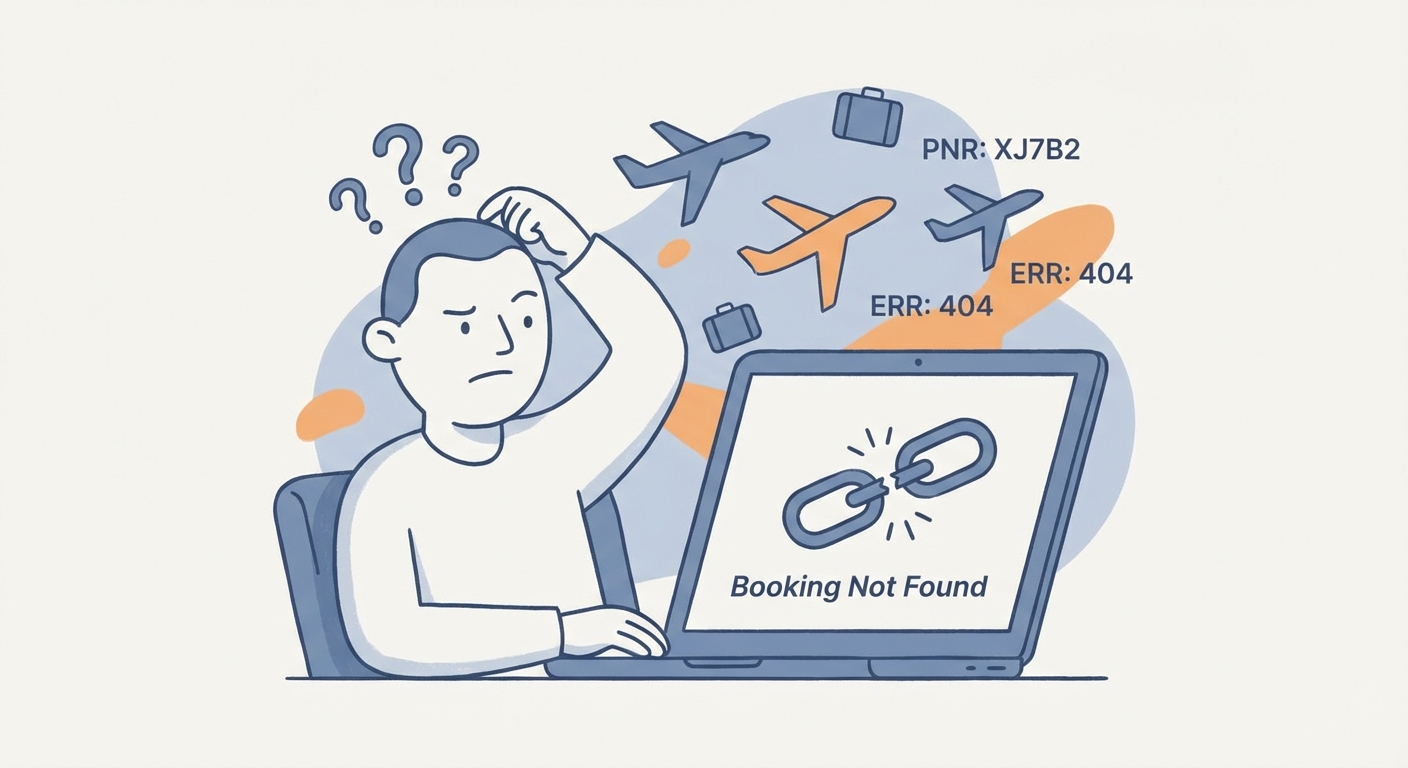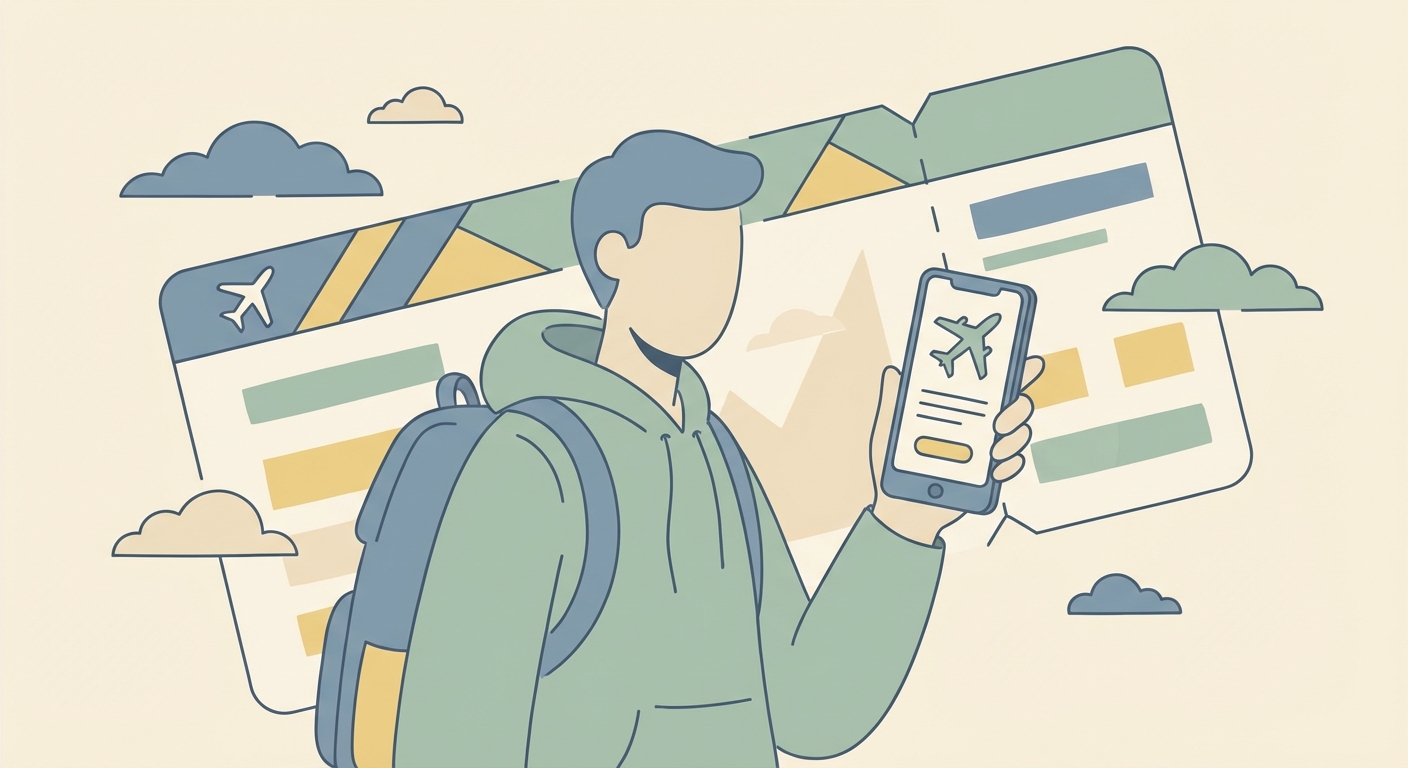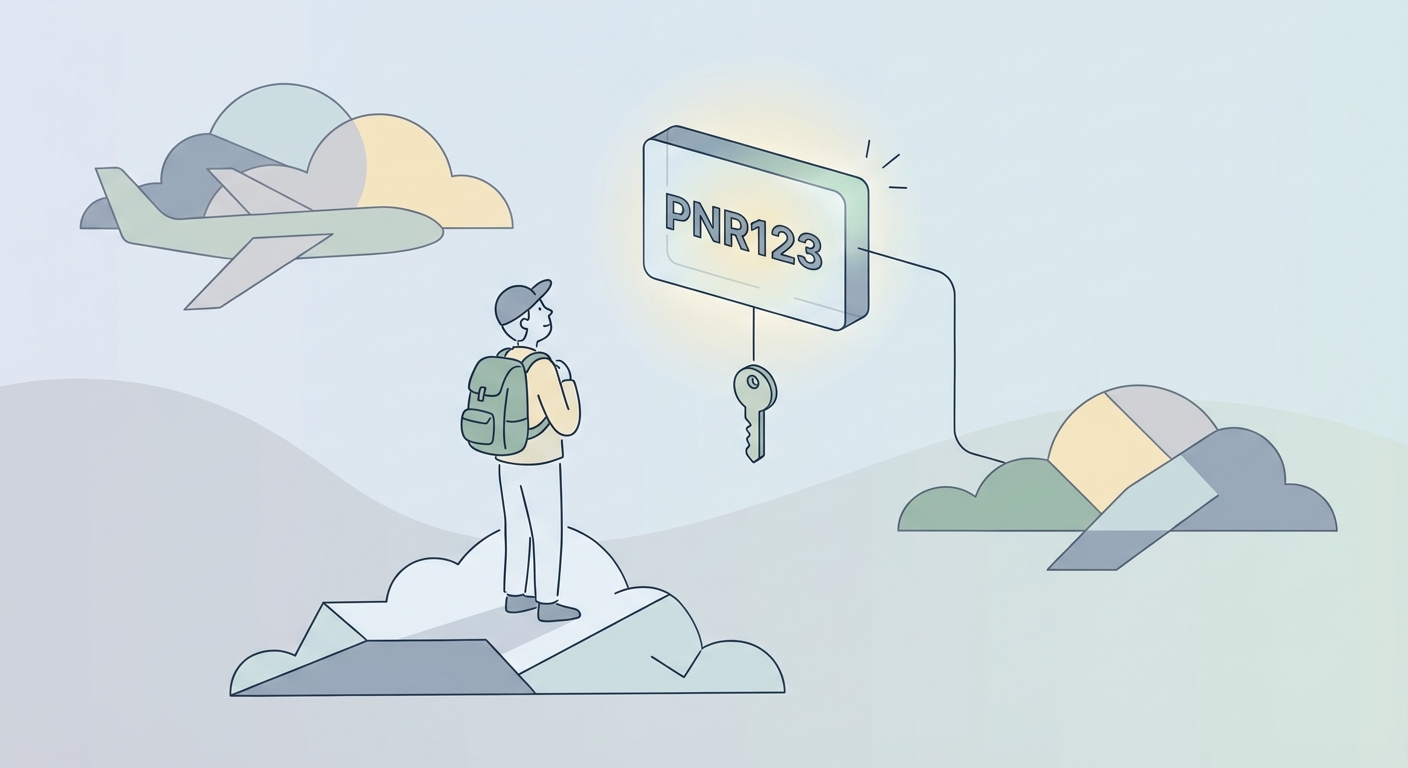Unlocking Adventure: How Smart Tourism Destinations are Revolutionizing Travel
What is a Smart Tourism Destination?
Imagine exploring a city where technology anticipates your needs, making every moment seamless and enriching. This is the promise of a Smart Tourism Destination (STD), where innovation meets travel to create unforgettable experiences.
A Smart Tourism Destination leverages technology and data to enhance the tourist experience. This goes beyond simple convenience, focusing on creating sustainable, accessible, and personalized adventures.
- Enhanced Tourist Experience: Smart destinations use technology to provide real-time information, personalized recommendations, and easy navigation. Think interactive maps, augmented reality tours, and instant access to local events.
- Sustainability and Accessibility: STDs prioritize responsible tourism by managing resources efficiently and minimizing environmental impact. They also ensure that travel is accessible to everyone, regardless of their physical abilities or other needs.
- Data-Driven Decision-Making: Destinations collect and analyze data to understand tourist behavior, optimize services, and improve overall management. This includes monitoring traffic patterns, tracking popular attractions, and gathering feedback to continuously enhance the visitor experience.
Smart Tourism Destinations share several key characteristics that set them apart.
- Technological Infrastructure: Robust Wi-Fi networks, sensor networks, and integrated data platforms are essential. These technologies collect and distribute information, enabling seamless connectivity and informed decision-making.
- Innovative Tourist Services: Personalized recommendations, real-time information updates, and interactive services cater to individual preferences. This ensures that every traveler has a unique and tailored experience.
- Sustainable Practices: Resource management and environmental protection are integral to the STD model. This includes initiatives like reducing waste, conserving energy, and promoting responsible tourism practices.
The benefits of Smart Tourism Destinations extend to both visitors and the local community.
- Personalized Travel Experiences: Tailored recommendations and services cater to individual preferences, enhancing satisfaction. Travelers can discover hidden gems and unique experiences that align with their interests.
- Enhanced Accessibility and Convenience: Easy navigation, real-time information, and seamless connectivity make travel more convenient. This reduces stress and allows visitors to focus on enjoying their trip.
- Environmental and Cultural Protection: Sustainable practices preserve the environment and local culture, ensuring long-term benefits. By promoting responsible tourism, STDs help protect the destinations for future generations.
Smart Tourism Destinations are transforming how we explore the world, making travel more enjoyable and sustainable.
The Tech Behind Smart Tourism: Enhancing Your Adventure
Did you know that the amount of data generated daily could fill 10 million Blu-ray discs? Smart tourism leverages this data deluge to craft personalized and seamless adventures.
- Data Collection and Analysis: Smart tourism destinations use a combination of sensors, mobile data, and social media to gather comprehensive tourist information.
- Sensors can track pedestrian traffic in real-time, helping destinations manage crowds and optimize resource allocation.
- Analyzing social media trends and check-ins reveals popular attractions and hidden gems, allowing destinations to tailor recommendations.
- Mobile data provides insights into how tourists move within a destination, informing transportation planning.
- Personalized Travel Experiences: Ai-powered systems analyze collected data to provide customized travel recommendations. These systems often use machine learning algorithms that learn from user behavior and preferences. For example, if you frequently book adventurous activities, the ai might prioritize suggesting hiking trails or extreme sports over museums.
- Dynamic pricing adjusts costs based on demand and individual preferences, offering tailored travel packages. For instance, a hotel room might be cheaper if booked weeks in advance during a low season, but more expensive for last-minute bookings during a major festival.
- Location-based services use geolocation to suggest nearby attractions, restaurants, and events in real-time.
- Augmented reality (AR) enhances exploration by overlaying digital information onto the physical world, enriching the tourist experience. Imagine using an AR app to see a historical reconstruction of a building as you stand in front of its ruins, or AR providing interactive guides for museum exhibits.
- Smart Infrastructure and Connectivity: Reliable connectivity is the backbone of any smart tourism destination.
- Free Wi-Fi hotspots and robust mobile networks ensure seamless access to information and services.
- Smart transportation systems, with real-time bus tracking and ride-sharing integration, simplify navigation.
- Interactive kiosks and digital signage offer easy wayfinding and instant access to important information.
Imagine wandering through a historic district, your smartphone providing AR overlays that bring the past to life. Or consider a city that adjusts public transportation schedules in real-time based on tourist density, reducing congestion and improving the overall experience.
While data collection offers numerous benefits, it also raises ethical concerns. Privacy is paramount, and destinations must ensure data is anonymized and used responsibly. Algorithmic bias, which is when an ai system's outputs reflect the implicit values or prejudices of its creators or the data it was trained on, can lead to skewed recommendations. For example, if historical data primarily shows male tourists visiting certain types of attractions, the ai might disproportionately recommend those to male travelers, overlooking potential interests for female tourists. Continuous monitoring and refinement are essential to mitigate this.
As destinations become smarter, they must prioritize ethical data practices. This fosters trust and ensures technology enhances, rather than undermines, the travel experience.
Data Collection and Analysis in Smart Tourism
Smart tourism destinations collect and analyze vast amounts of data to understand tourist behavior and optimize services. This data comes from various sources:
- Sensors: Deployed across the destination, these can track everything from foot traffic in popular areas to environmental conditions like air quality and noise levels. This helps manage crowds, allocate resources efficiently, and ensure a comfortable visitor experience.
- Mobile Devices: With user consent, anonymized data from smartphones can reveal movement patterns, dwell times at attractions, and popular routes. This information is invaluable for improving transportation networks and understanding how tourists interact with the destination.
- Social Media: Analyzing posts, check-ins, and reviews provides insights into traveler sentiment, trending attractions, and emerging interests. This allows destinations to identify hidden gems and tailor marketing efforts.
- Booking Platforms: Data from hotel bookings, activity reservations, and tour purchases helps predict demand, manage capacity, and identify popular travel packages.
By analyzing this data, destinations can gain a comprehensive understanding of the tourist journey. This enables them to:
- Personalize Recommendations: Ai systems can use this data to suggest activities, dining options, and accommodations that align with individual preferences and past behavior.
- Optimize Resource Management: Understanding crowd flow and peak times allows for better allocation of staff, public transport, and waste management services.
- Enhance Safety and Security: Real-time data can help identify potential safety hazards or manage emergency situations more effectively.
- Improve Infrastructure Planning: Insights into travel patterns can inform decisions about public transport routes, signage, and the development of new attractions.
This continuous cycle of data collection and analysis is what allows smart tourism destinations to adapt and improve, ensuring a more seamless and enjoyable experience for every visitor.
Top Smart Tourism Destinations for Adventure Seekers
Ready to ditch the tourist traps and dive into authentic experiences? Smart tourism destinations are leading the charge, offering adventure seekers unique and tech-enhanced ways to explore.
Barcelona blends its rich history with cutting-edge technology.
- Smart mobility solutions help you navigate the city efficiently. Imagine using real-time data to find the quickest route to Park Güell or the Sagrada Familia, maximizing your time for exploration. This directly contributes to the 'enhanced tourist experience' by making navigation seamless.
- Data-driven insights optimize tourist routes, directing you to less crowded hidden gems. Discover local Catalan cuisine in authentic neighborhoods away from the bustling tourist centers.
- Sustainable tourism initiatives protect Barcelona's cultural heritage. By using smart technologies, the city manages resources effectively, preserving its unique charm for future generations.
Barcelona’s commitment to sustainability ensures that your adventures today don't compromise the experiences of tomorrow.
Amsterdam proves that adventure can be eco-friendly.
- Emphasis on eco-friendly transportation makes getting around a breeze. Bike-sharing programs and electric buses let you explore the canals and charming streets with a minimal carbon footprint.
- Smart energy management and waste reduction programs contribute to a cleaner environment. Amsterdam's commitment to sustainability enhances the overall travel experience.
- Digital platforms promote local businesses and sustainable tourism options. Discover eco-conscious hotels, restaurants, and tour operators that align with your values.
Sustainability is a key component of Smart Tourism Destinations, exemplified by Amsterdam's green initiatives.
Singapore showcases how technology elevates the travel experience.
- Advanced sensor networks monitor environmental conditions, ensuring a comfortable and safe visit. Real-time data helps manage everything from air quality to traffic flow, contributing to the 'enhanced tourist experience' and 'data-driven decision-making' aspects of a smart destination.
- Smart lighting and water management systems conserve resources. These technologies minimize environmental impact while maintaining the city's lush greenery.
- Digital platforms provide real-time information about attractions and events. Instantly access details about the Gardens by the Bay or the latest exhibits at the ArtScience Museum.
Singapore's innovative approach transforms everyday experiences into seamless adventures.
These destinations exemplify how smart tourism enhances the experience for adventure seekers.
Planning Your Smart Adventure with GoTriply
Ready to transform your travel dreams into reality? GoTriply is your personal concierge to the world of Smart Tourism Destinations, making adventure planning easier than ever.
GoTriply is an ai-powered travel planning platform that helps you discover and organize trips to smart tourism destinations. Its core function is to provide personalized itineraries and booking capabilities.
GoTriply's ai-powered trip planner creates itineraries tailored to your unique preferences. Forget generic travel guides; GoTriply focuses on your interests, whether you're seeking thrilling outdoor activities or immersive cultural experiences.
- Explore activities, attractions, and local experiences that match your adventure style.
- Uncover hidden gems and off-the-beaten-path destinations that typical tourists miss.
- No more endless scrolling—just personalized suggestions that spark your wanderlust.
Imagine receiving a curated list of hiking trails in Banff National Park, perfectly matched to your skill level and desired scenery. Or discovering a local cooking class in Chiang Mai, where you can learn to prepare authentic Thai dishes.
Booking your dream adventure should be as exciting as the trip itself. GoTriply streamlines the process with its user-friendly platform.
- Effortlessly book hotels and activities directly through GoTriply.
- Access exclusive deals and discounts on international and domestic travel packages.
- Let GoTriply handle the logistics, so you can focus on the thrill of anticipation.
Knowledge is power, especially when exploring a new destination. GoTriply provides meticulously crafted destination guides packed with insider information.
- Immerse yourself in comprehensive guides that cover everything from must-see landmarks to local customs.
- Gain insider knowledge to navigate unfamiliar territories with confidence.
- Plan your dream vacation with GoTriply's ai-powered trip planner, ensuring every detail is perfect.
GoTriply identifies and recommends Smart Tourism Destinations by analyzing destination data, user preferences, and the availability of smart technologies and sustainable practices within those locations.
With GoTriply, you're not just booking a trip; you're unlocking a world of personalized adventures.
The Future of Smart Tourism: Trends and Innovations
The future of travel is not just about seeing new places, but experiencing them in entirely new ways. Imagine exploring ancient ruins through a virtual reality headset or contributing to sustainable tourism efforts with every tap on your smartphone.
Virtual Reality (VR) and Augmented Reality (AR) are poised to revolutionize how we experience destinations.
- VR tours can transport you to historical sites like Pompeii or natural wonders such as the Galapagos Islands, allowing immersive exploration from anywhere in the world.
- AR applications enhance on-site visits by overlaying digital information onto the real world, providing historical context, interactive maps, and gamified experiences. For instance, imagine an AR app that identifies constellations in the night sky or provides a virtual overlay of ancient Roman life as you walk through ruins.
These technologies cater to adventure seekers who crave deeper engagement and unique perspectives.
Smart tourism is increasingly focused on sustainability and responsible practices.
- Ai-powered solutions can optimize resource consumption in hotels and resorts, reducing waste and energy use. For example, ai can predict occupancy rates to adjust heating and cooling systems, or optimize laundry schedules based on usage patterns.
- Blockchain technology offers a transparent way to track and verify sustainable tourism initiatives, ensuring that claims of eco-friendliness are legitimate.
- Community-based tourism initiatives empower local communities, providing economic benefits and preserving cultural heritage.
The Internet of Things (IoT) is creating more connected and personalized travel experiences.
- Smart hotel rooms adjust lighting, temperature, and entertainment based on individual preferences. This might involve sensors detecting your presence and adjusting the room's ambiance accordingly.
- Wearable technology monitors your health and safety in real-time, providing alerts and assistance when needed. For example, a wearable could track your heart rate during a strenuous hike and alert emergency services if it detects an anomaly, or provide GPS location data.
- Smart luggage tracking systems ensure your belongings arrive safely and on time, reducing travel stress.
These innovations aim to make travel smoother, safer, and more enjoyable.
As technology continues to evolve, the possibilities for smart tourism are endless.
Challenges and Considerations for Smart Tourism
Smart tourism destinations face unique challenges that require careful consideration. Navigating issues like data privacy, accessibility, and congestion is crucial for creating a truly smart and sustainable travel experience.
Protecting tourist data is paramount in smart tourism. As destinations gather more information, ensuring its security against breaches and misuse becomes essential.
- Implement robust cybersecurity measures to safeguard personal data.
- Comply with data privacy regulations, such as the General Data Protection Regulation (GDPR), to protect tourist information.
- Provide transparency regarding data collection practices, giving tourists control over their personal data.
Smart tourism initiatives must be accessible to all tourists. It is important to bridge the digital divide and ensure that everyone can benefit from technology.
- Offer alternative solutions for tourists without smartphones or reliable internet access. This could include physical information centers with staff assistance, printed maps with QR codes linking to digital information, or dedicated help desks.
- Design inclusive smart tourism services that cater to diverse needs and abilities.
- Provide digital literacy programs to empower tourists to use smart tourism technologies effectively.
Smart tourism can help manage over-tourism and congestion. By leveraging data, destinations can distribute tourists more evenly and promote sustainable travel patterns.
- Implement dynamic pricing and reservation systems to manage crowds at popular attractions.
- Promote off-season travel and alternative destinations to reduce congestion in peak periods.
- Utilize data to understand tourist behavior and optimize resource allocation, such as transportation and infrastructure.
By addressing these challenges, smart tourism destinations can create more equitable, sustainable, and enjoyable experiences for all visitors. Sustainability is a key component of smart tourism destinations.
Embracing the Smart Travel Revolution
Smart tourism isn't just a trend; it's a revolution reshaping how we explore the world. By understanding how to choose a destination and use technology, you can travel smarter.
Selecting the right Smart Tourism Destination can significantly enhance your travel experience. Here are some tips to guide your choice:
- Research destinations with strong technological infrastructure. Look for robust Wi-Fi, integrated data platforms, and real-time information systems. These technologies make navigation easier and provide instant access to essential services.
- Look for destinations committed to sustainability and accessibility. Smart destinations prioritize responsible tourism by managing resources efficiently and ensuring accessibility for all travelers. Amsterdam, as mentioned earlier, is a prime example of a city embracing eco-friendly initiatives.
- Read reviews and testimonials from other travelers. Gain insights from firsthand experiences to gauge the effectiveness of smart tourism initiatives. Online forums and travel blogs often provide valuable feedback.
Technology is your greatest ally in navigating and enjoying a Smart Tourism Destination.
- Download relevant travel apps for navigation, information, and recommendations. Apps can provide real-time updates on transportation, attractions, and local events. They also offer personalized suggestions based on your interests.
- Use smart devices to track your fitness and health while traveling. Wearable technology can monitor your activity levels, heart rate, and sleep patterns. This helps you stay healthy and energized throughout your adventures.
- Stay connected with local communities through social media and online forums. Engage with locals to discover hidden gems and authentic experiences. Social media platforms provide valuable insights and real-time information.
Smart tourism is transforming the way we experience the world. By embracing technology and sustainable practices, we can create more meaningful and responsible travel experiences.
Start planning your smart adventure today and discover the future of travel.





